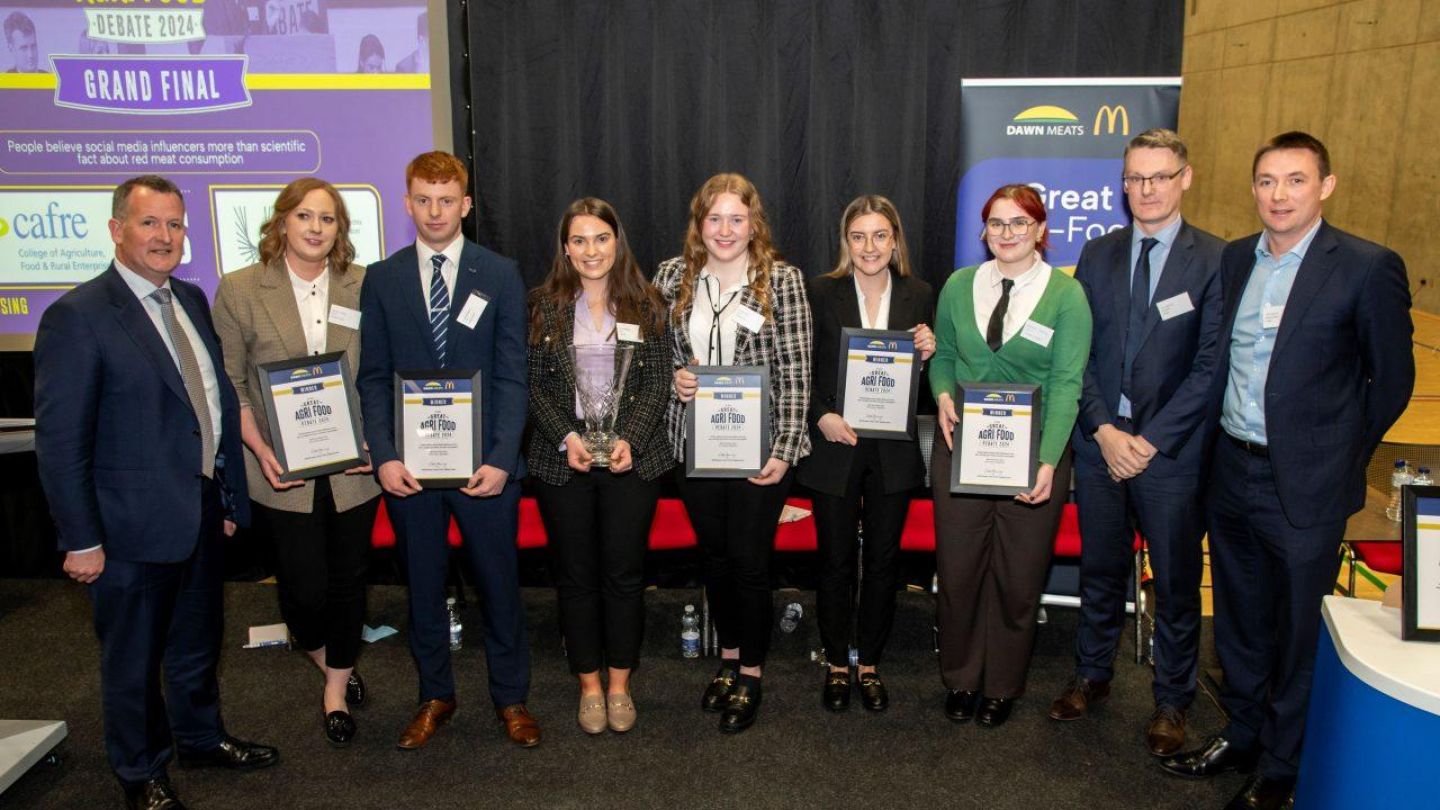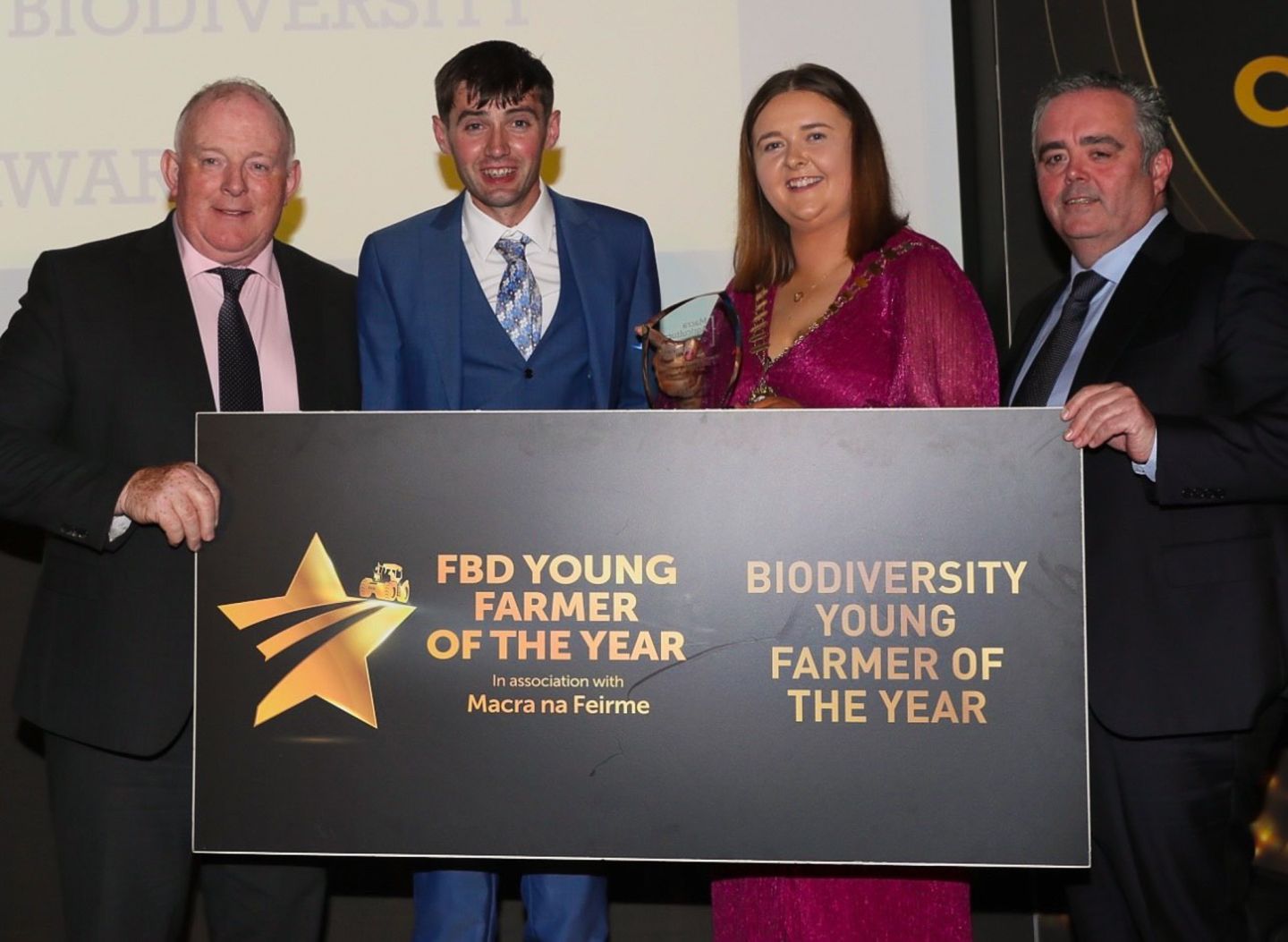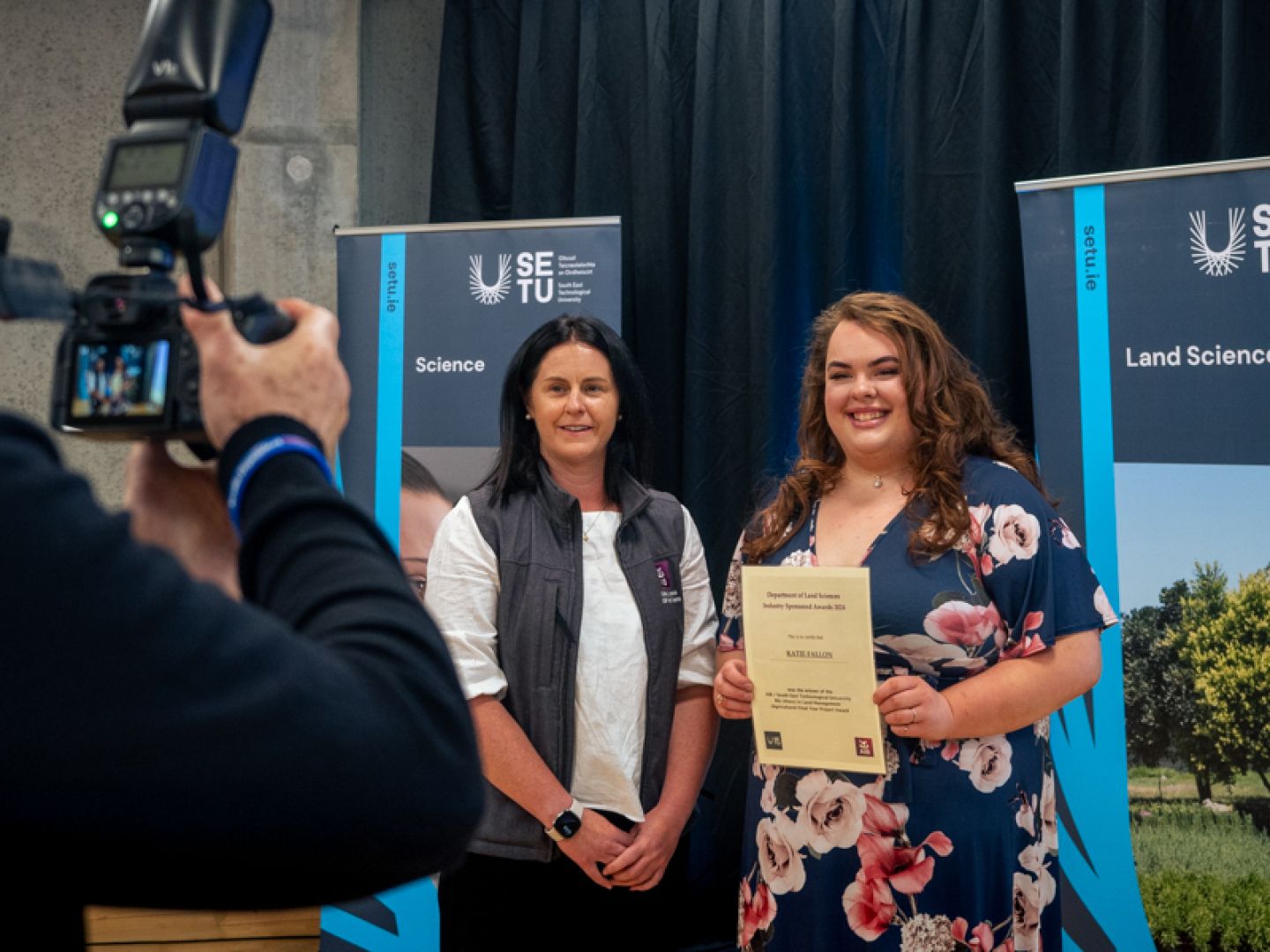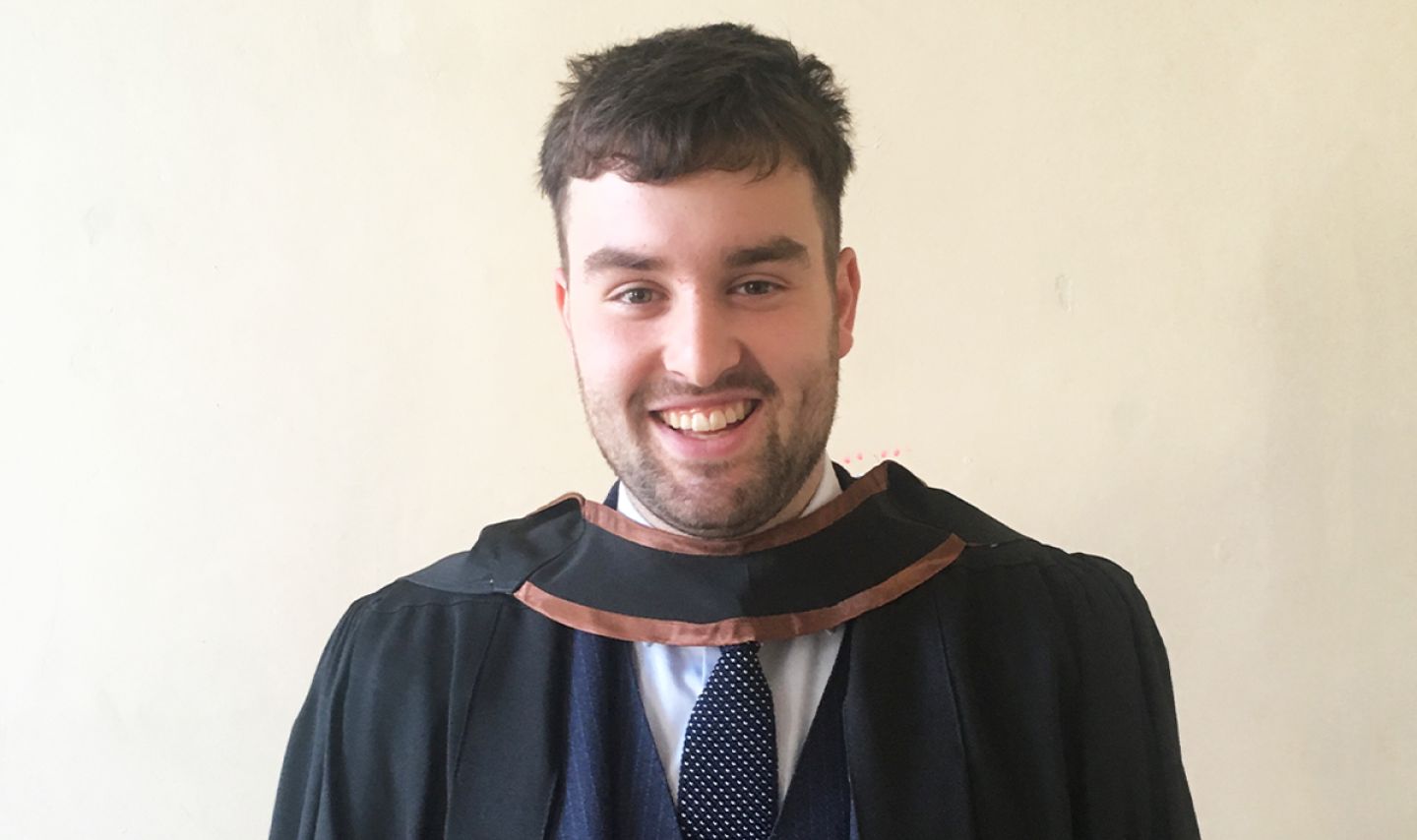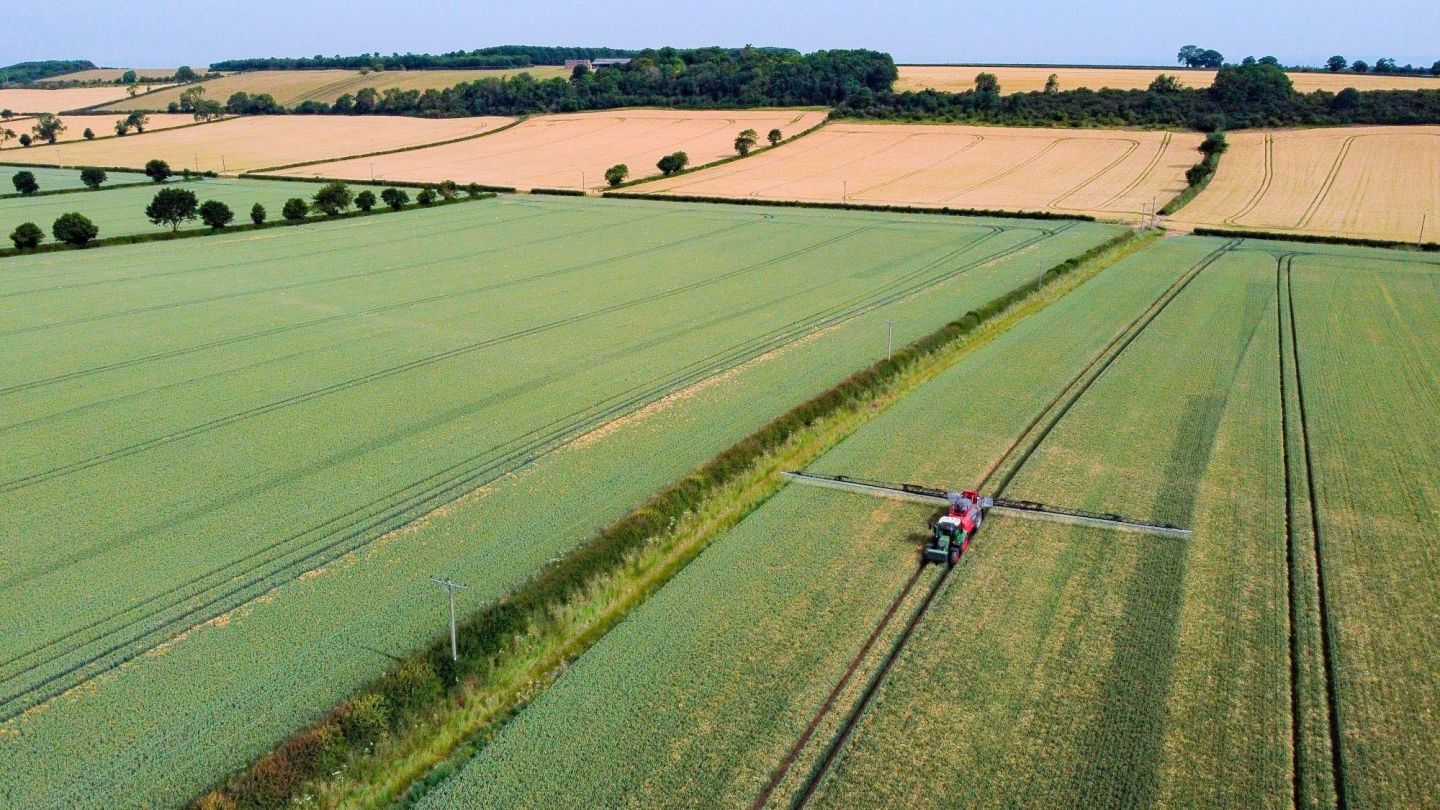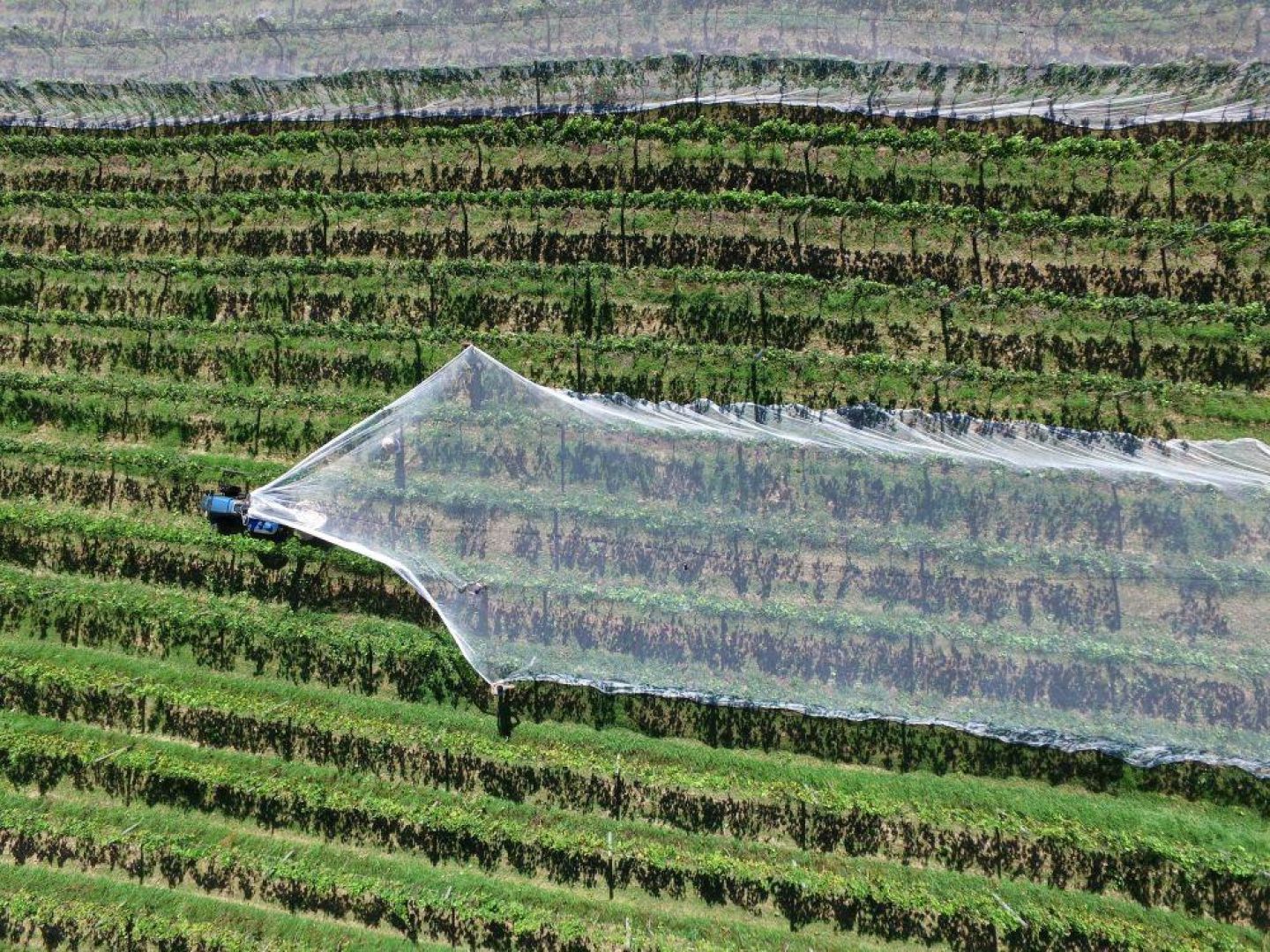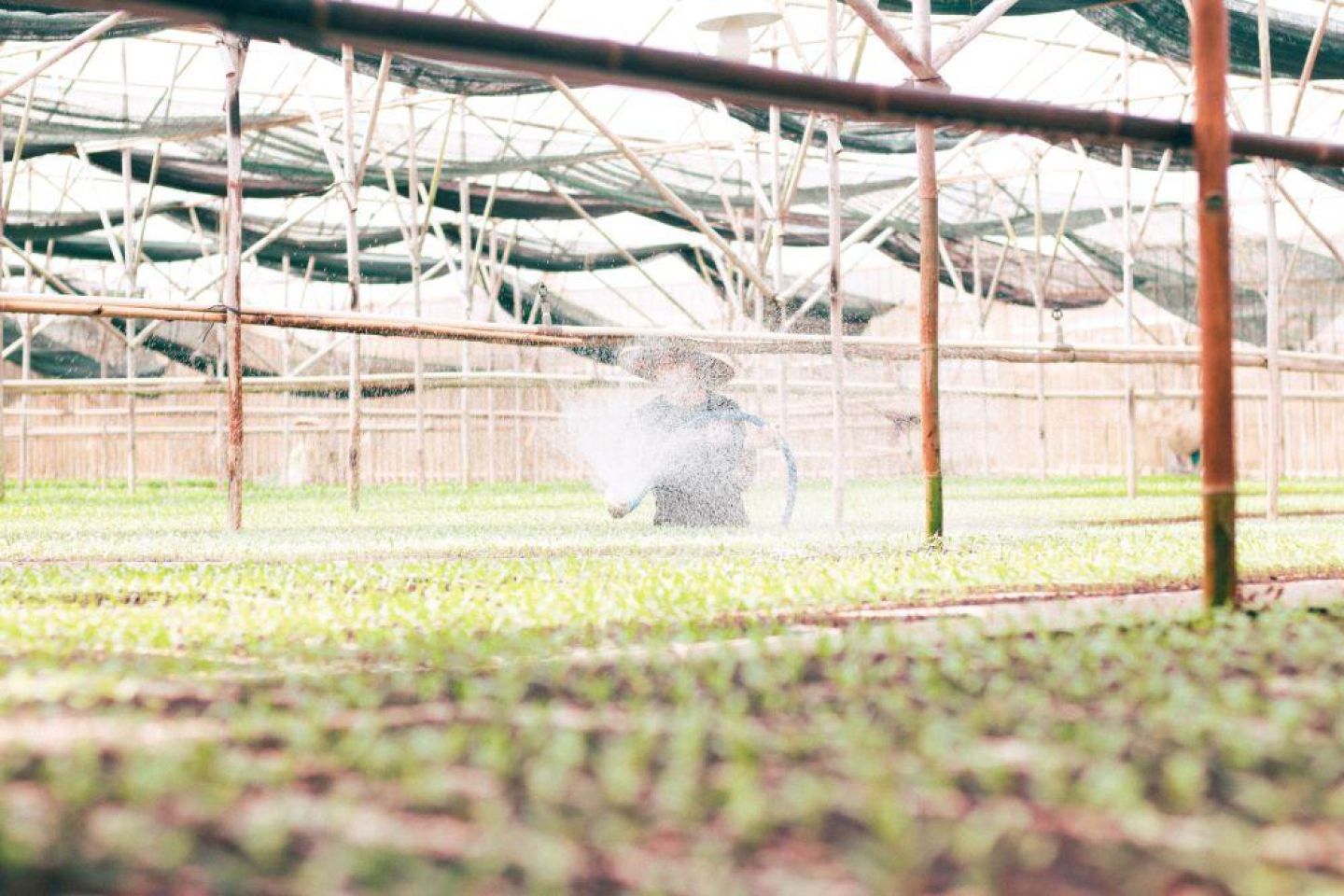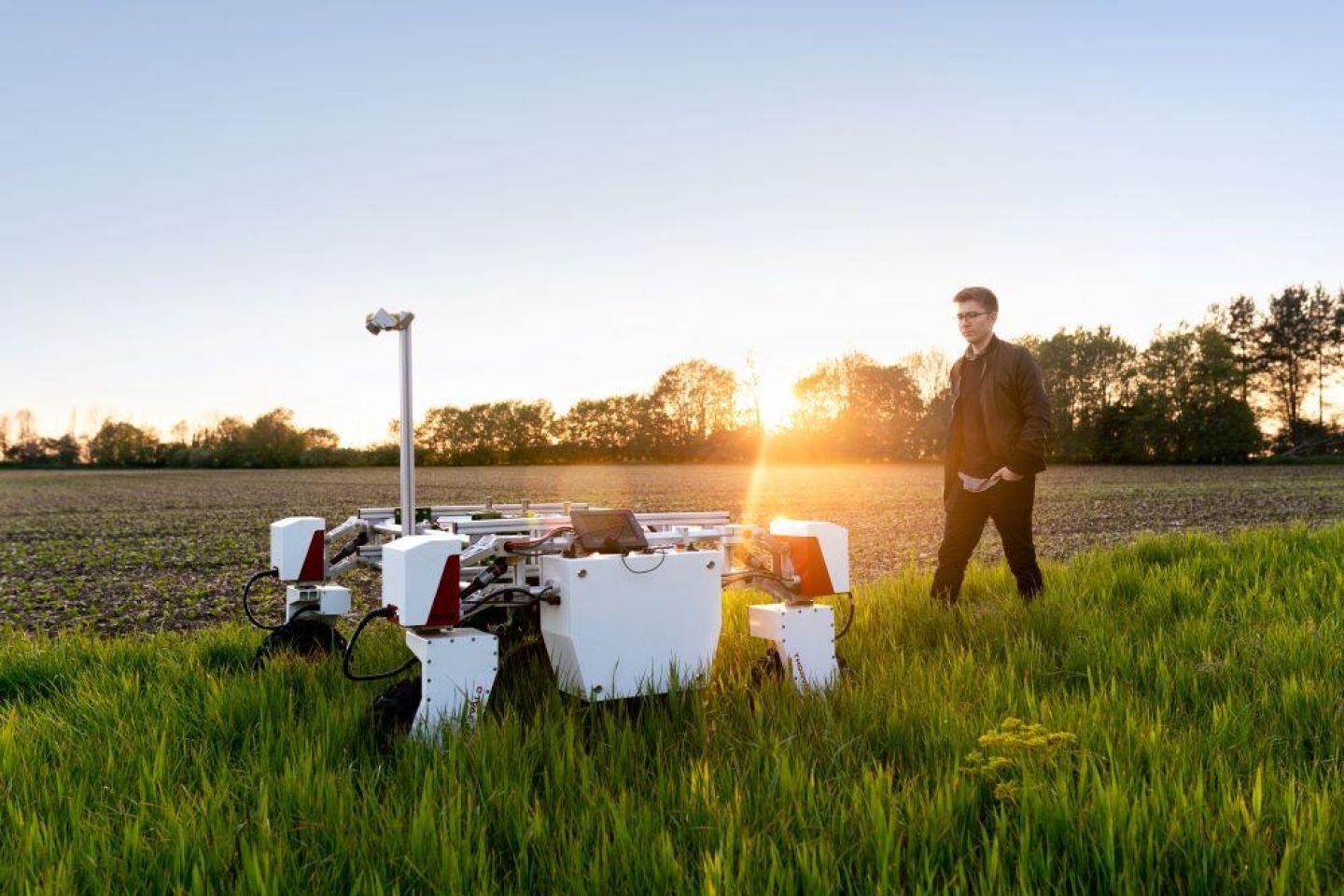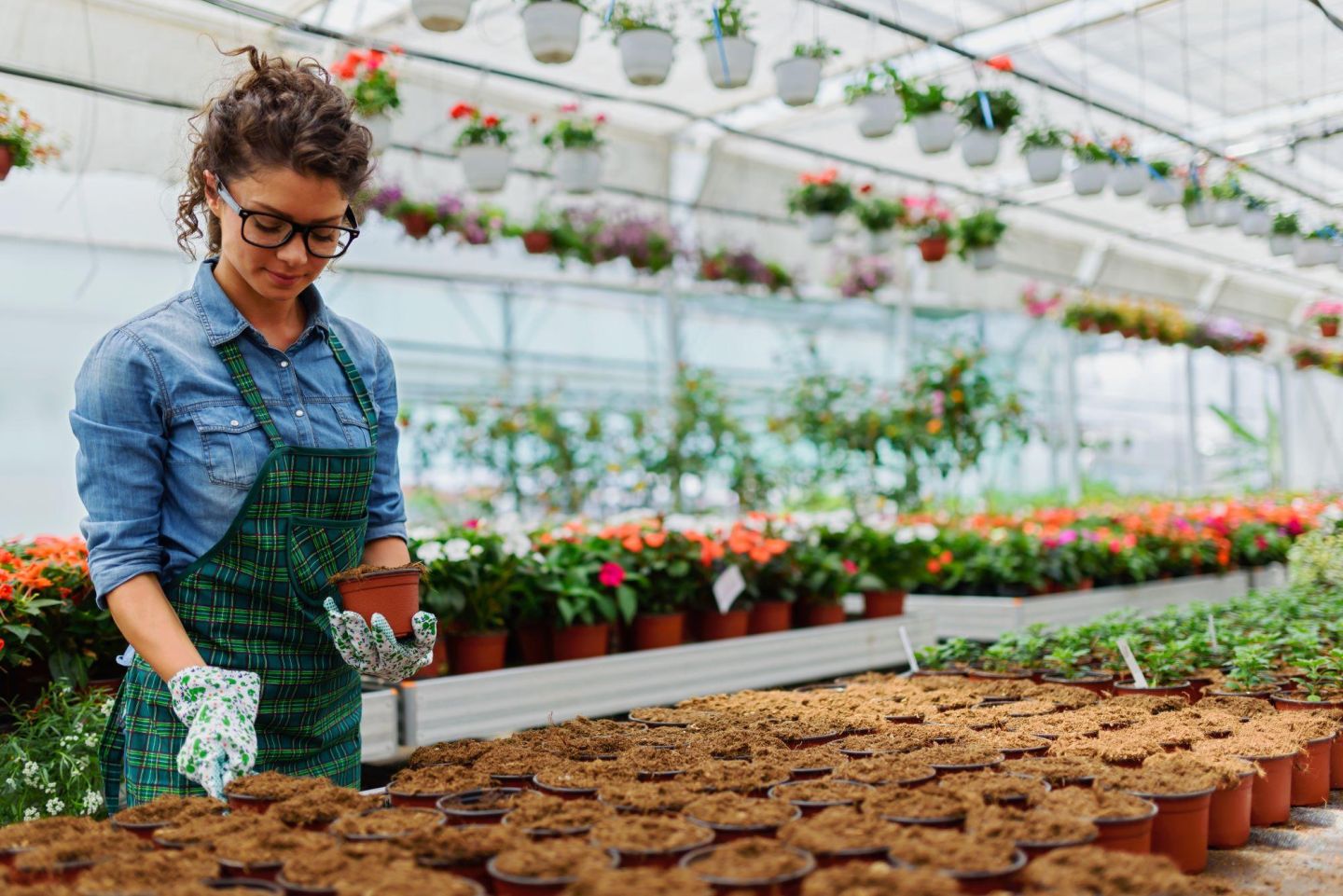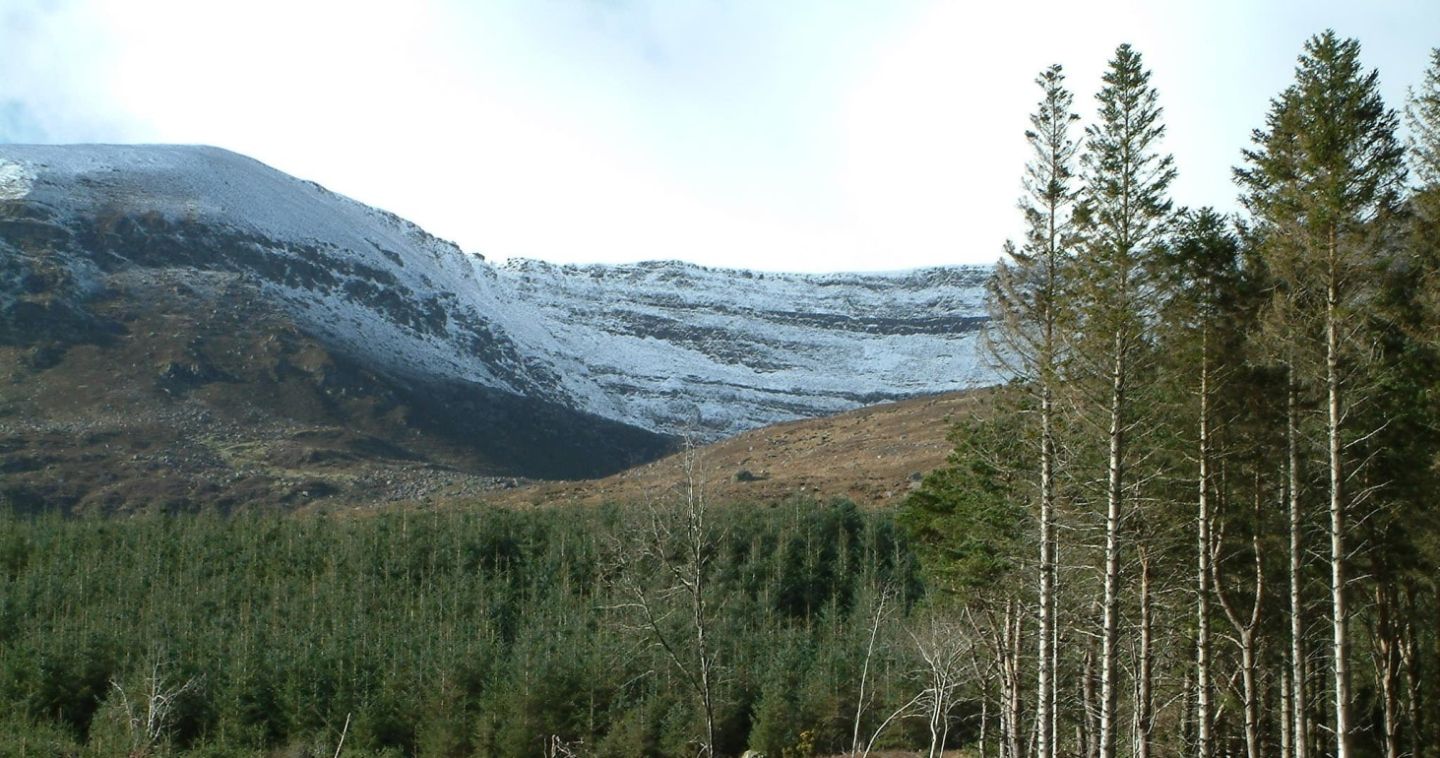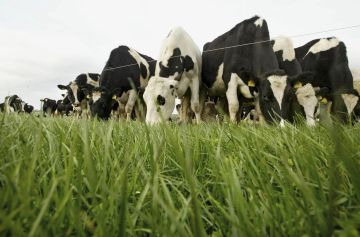
What is the BSc in Agriculture course?
Agriculture is of major importance to the Irish economy and most farms are family-operated with the farmer being the owner and manager and operator. The first two years of the course concentrates on equipping the student with the knowledge and skills needed to manage a modern commercial farm. The third year aims to expand the student’s business, managerial, scientific and IT skills.
Stamp Duty Exemption
This course fulfils the requirements for stamp duty exemption or land transfer for young farmers (Green Cert.)
Kildalton College
Students take agriculture-based modules at Kildalton Agricultural College and scientific related modules are taken at SETU Waterford. A free bus service operates between SETU Waterford and Kildalton.
BSc in Agriculture course farm placement
In the second year of the course students spend 12 weeks on farms specially chosen by Teagasc in order to get practical experience on high quality commercial farms. A number of students choose to travel overseas for farm experience e.g. New Zealand.
Advanced Entry
Students who have successfully completed a QQI FET/ FETAC approved Level 6 with a merit at Kildalton College or equivalent can apply to transfer into Year 2 of the BSc in Agriculture.
Innovative teaching
This programme recently won the ‘Most impactful use of Pearson courseware or services’ award in recognition of the blended learning approach in the delivery of the programmes. The common science programmes use an integrated on-line tutorial system that is delivered to small groups in an IT room supported by one or two members of staff. These weekly formative tutorials allow students to apply or practice the material covered in class that week and student receives individual attention and help at tutorials.
Year 1
| Semester 1 | Semester 2 |
|---|---|
| Introduction to Farm Accounts | Chemistry for Land Sciences |
| Plant Biology | Agriculture in the Economy |
| Communication Skills | Animal Biology |
| Computer Applications | Animal Production |
| Mechanisation & Safety | Agricultural Mechanisation |
| Animal Breeding & Welfare | Tillage Crop Production |
Year 2
| Semester 3 | Semester 4 |
|---|---|
| Environmental Science | Placement |
| Crop Technology | |
| Dairy Production | |
| Cattle Production | |
| Agricultural Soils Management | |
| Choose one of the following electives: | |
| *Sheep Production | |
| *Mechanisation | |
| * = elective module |
Year 3
| Semester 5 | Semester 6 |
|---|---|
| Agriculture & Environment | Quality Food Production |
| Food Analysis & Animal Feed Biotechnology | Food Safety Management Systems |
| ICT & Business Writing | Agricultural Entrepreneurship |
| Marketing for Small Business | Financial Management Systems |
| Business Management | Project Research & Design |
| Choose one of the following electives: | Farm Business |
| *Fabrication | |
| *Farm Buildings | |
| * = elective module |
Leaving Cert: Minimum entry requirements for BSc in Agriculture:
5 subjects: O6/H7
English or Irish: O6/H7
Mathematics: O6/H7
Advanced and Equivalent Entry for BSc in Agriculture:
Students who have successfully completed a QQI FET/ FETAC approved Level 6 with a merit at Kildalton College or equivalent can apply to transfer into Year 2 of the BSc in Agriculture.
Students who complete this level 7 degree programme can choose either to graduate after three years or progress on to a related level 8 degree - BSc (Hons) in Land Management in Agriculture
Career Opportunities for BSc in Agriculture graduates:
Graduates from BSc in Agriculture may find employment in fields such as:
- Managers of modern farm enterprises
- Managers in Agri-Food cooperatives
- Managers in Meat processing plants
- Sales positions in Agribusiness
Follow on study for BSc in Agriculture graduates:
Career Opportunities for BSc in Agriculture graduates:
Graduates from BSc in Agriculture may find employment in fields such as:
- Managers of modern farm enterprises
- Managers in Agri-Food cooperatives
- Managers in Meat processing plants
- Sales positions in Agribusiness
Completion of a level 8 programme will also enable students to undertake taught Masters programmes or Masters degrees by research at SETU or other third-level colleges.
Stories
Related Courses
Course Leader



